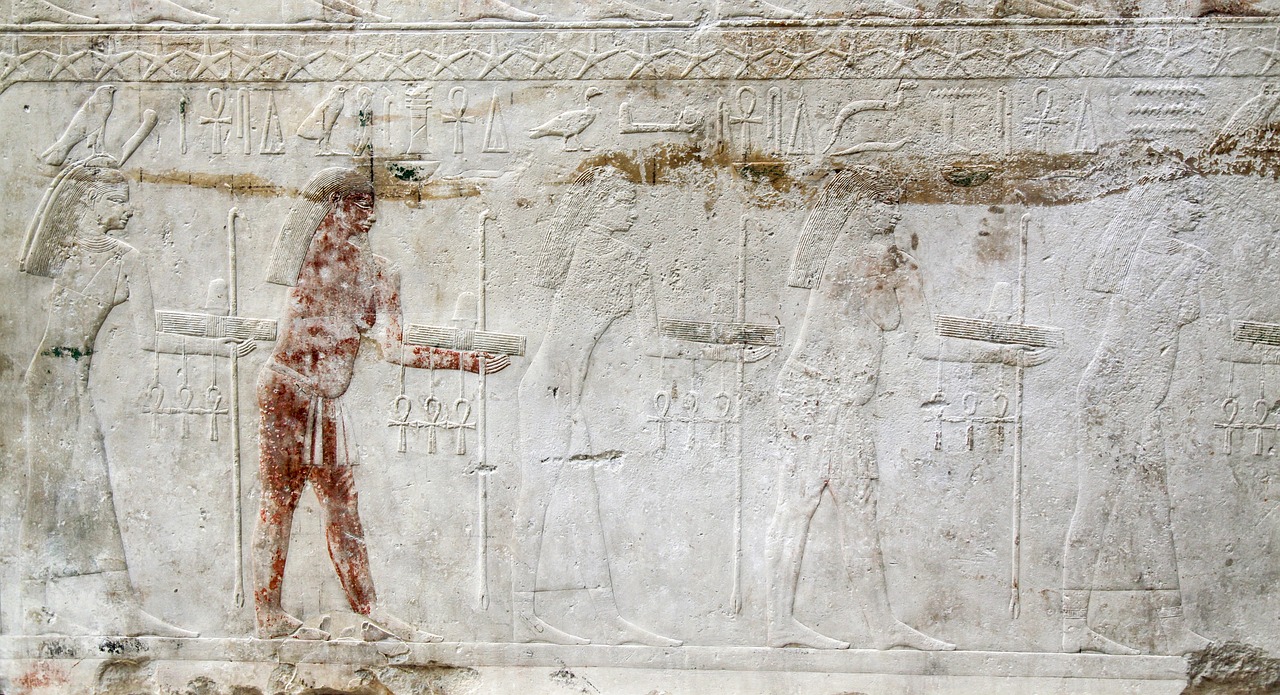Egypt Video
Cultural Etiquette: Doing Business in Egypt
Egypt, with its rich history and vibrant culture, offers a unique environment for doing business. To ensure successful business interactions, it is essential to understand and respect the cultural etiquette of the country. This article provides a comprehensive guide to doing business in Egypt, covering various aspects of cultural norms, communication styles, business attire, and more.
Business Culture
Egyptian business culture is influenced by Islamic traditions and customs. The society places great importance on respect, hierarchy, and personal relationships. Building trust and establishing strong connections are crucial for successful business endeavors in Egypt. Egyptians value politeness, hospitality, and maintaining harmony in their interactions.
- Building Relationships: In Egypt, business relationships are built on personal connections. It is essential to spend time getting to know your Egyptian counterparts before discussing business matters. Building trust and rapport will greatly enhance your chances of success.
- Greetings and Introductions: Egyptians greet each other with a handshake and direct eye contact. Address your counterparts using their professional titles, followed by their surname. It is common for Egyptians to use first names only among close friends and family.
- Business Meetings: Punctuality is expected for business meetings, although Egyptians themselves may be a bit more relaxed with time. Meetings often start with small talk and inquiries about personal well-being. Avoid discussing controversial topics such as politics or religion.
- Business Cards: Exchanging business cards is common in Egypt. Ensure that your business card is translated into Arabic on one side, with the English version on the other. Receive business cards with your right hand and show respect by examining them before putting them away.
Communication Style
Effective communication is vital when doing business in Egypt. Understanding the communication style and etiquette will help you navigate conversations more smoothly.
- Indirect Communication: Egyptians often use indirect communication, relying on non-verbal cues and context to convey their message. It is important to pay attention to body language, tone of voice, and facial expressions to understand the underlying meaning.
- Respectful Language: Egyptians value politeness and respect in their language. Use formal language and avoid confrontational or aggressive tones. It is customary to express deference to older or more senior individuals.
- Non-Verbal Communication: Non-verbal cues such as nodding, smiling, and maintaining eye contact are important in Egyptian culture. Avoid crossing your arms, pointing with your finger, or displaying impatience during conversations.
- Personal Space: Egyptians have a closer proximity when engaging in conversations. Respect personal space, but be prepared for a closer physical distance than you might be accustomed to in other cultures.
Business Attire
Dressing appropriately is crucial when conducting business in Egypt. The conservative nature of the society necessitates a professional and modest appearance.
- Men’s Attire: Men should wear conservative business suits in dark colors. A tie is generally expected, and shirts should be long-sleeved. Avoid wearing flashy accessories or overly casual attire.
- Women’s Attire: Women should dress modestly, with knee-length skirts or trousers and blouses that cover the shoulders. Avoid revealing clothing or excessive jewelry. A headscarf is not mandatory for non-Muslim women but may be appreciated in more conservative settings.
- Footwear: Closed-toe shoes are appropriate for both men and women. Women should avoid high heels that may be impractical in certain business environments.
Negotiation and Decision-Making
Negotiating in Egypt requires patience, tact, and an understanding of cultural norms.
- Hierarchy: Egyptian society has a hierarchical structure, and decisions are often made by senior executives. It is important to identify the key decision-makers and ensure they are involved in the negotiation process.
- Indirectness: Egyptians may use indirect language and negotiation tactics. They may avoid saying “no” directly to maintain harmony. Pay attention to subtle cues and read between the lines during negotiations.
- Building Consensus: Egyptians value consensus and may take time to reach a decision. Be prepared for extended discussions and multiple meetings. Patience and persistence are key.
- Contracts and Agreements: Written contracts are important in Egypt. Ensure that all agreements are documented and legally binding. It is advisable to consult with a local legal expert to navigate the Egyptian legal system.
Business Entertaining
Egyptian hospitality is renowned, and business entertaining often plays a significant role in relationship-building.
- Invitations: Business dinners or lunches are common for building relationships. Accept invitations promptly and arrive on time. It is customary to bring a small gift, such as chocolates or flowers, for the host.
- Seating Arrangements: The host usually determines the seating arrangement. Wait to be directed to your seat, and do not begin eating until the host initiates.
- Food and Drink: Egyptian cuisine is diverse and flavorful. It is polite to try a variety of dishes offered. Alcohol may be served, but it is advisable to follow the lead of your host regarding its consumption.
- Conversation Topics: Keep conversations light and avoid controversial or sensitive topics. Egyptians appreciate discussions about their culture, history, and travel experiences.
Conclusion
Doing business in Egypt requires a deep understanding and appreciation of the country’s cultural etiquette. Building strong relationships, effective communication, and respecting local customs are essential for success. By following the guidelines outlined in this article, you will be well-prepared to navigate the business landscape in Egypt.
Egypt Image 1:

Egypt Image 2:

Egypt Image 3:

References
- egypt.travel
- cairo.gov.eg
- egyptianchamber.com
- egypttoday.com


